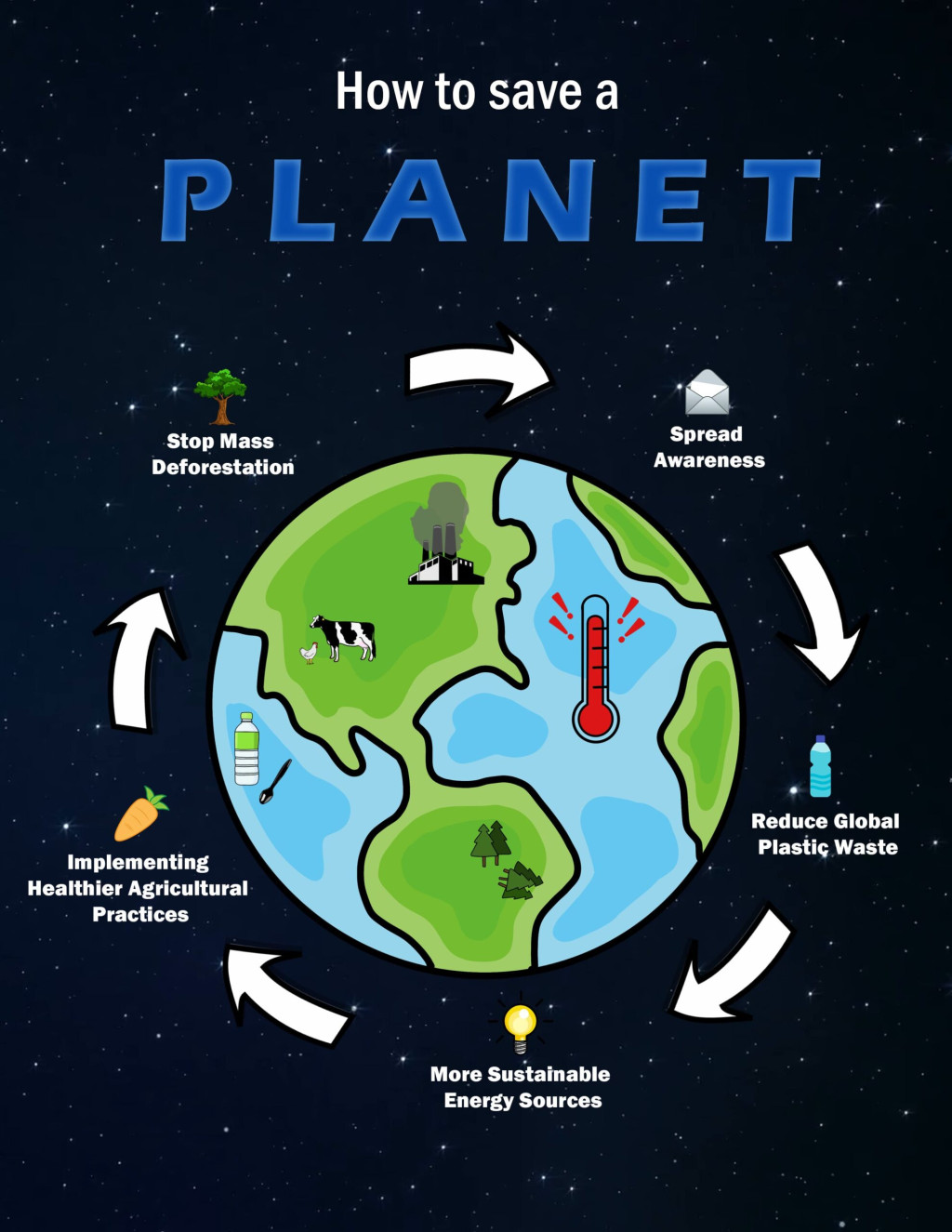When my alarm went off at 8:30 AM on Wednesday, September 9, the sky was so black in the Berkeley hills that it looked like the middle of the night. Even at noon, it was a hazy orange because of all the smoke high up in the atmosphere blocking out the sun. All across the country, people were talking about the apocalyptic autumn in California.
This day provided a clear reminder of the existential crisis that we are currently facing in California; waking up to darkness, trapped in our homes because we can’t breathe the air outside, and living in constant fear of wildfires and evacuation. Neighborhood watches were created to warn people about wildfires. People were encouraged to pack a bag with essential items in case they would have to leave their house at a moment's notice.
For those of us living in California, climate change isn’t just some distant theory or event anymore — it has become a frightening reality. This is the most pressing issue of our time, particularly for our generation, because we are inheriting a destroyed planet.
But how can we save our planet? That is exactly what journalist Alex Blumberg and scientist and policy nerd Dr. Ayana Elizabeth Johnson attempt to investigate in their new podcast. Available on Spotify and iTunes, “How to Save a Planet,” is currently composed of four full episodes: The Witch of Wind, The Green Wave, 20 Million Trees, and Unnatural Disasters. It explores creative ideas to address climate change, including renewable energy, planting trees, and protesting in support of political transformation.
If you don’t have time to listen to all the episodes, my personal favorites so far are The Green Wave and 20 Million Trees. The Green Wave examines climate activism done by young people. The podcast includes the scathing speech Greta Thunberg made to the UN world leaders, saying, “You only speak of green eternal economic growth because you are too scared of being unpopular. You only talk about moving forward with the same bad ideas that got us into this mess, even when the only sensible thing to do is pull the emergency brake. You are not mature enough to tell it like it is, even that burden you leave to us children.”

Inspired by Greta Thunberg, children across the world participated in school strikes to protest the inaction of our government. This movement even spread here to Berkeley High School (BHS) — last year, hundreds of students skipped school to march in San Francisco along with thousands of others to advocate for their futures. In Europe, this movement prompted a green wave that swept through the parliaments, and helped elect new leaders who set the ambitious goal of being carbon neutral by 2050. The podcast encourages young people to engage in activism and make a difference.
Another episode, 20 Million Trees, explores the impact of social media activism. They talk about Mr. Beast, a youtuber with over 43 million subscribers who decided to leverage his fame to help the environment. He created “Team Trees,” an organization that plants a tree for every dollar donated. Amazingly, he managed to raise the astounding sum of 20 million dollars in just 55 days! The podcast delves into how environmentalists have been ignoring the power of social media and the change that can come with a large audience.
Ultimately, “How to Save a Planet” is not only educational and informative, but also entertaining, despite the many awkward jokes. It doesn’t sugarcoat the severity of climate change and is brutally truthful in a necessary way. Unless people understand the dire consequences of our current response to climate change, they won’t push for action.
Research from an IPCC (Intergovernmental Panel on Climate Change) “Special Report” predicts that it is too late to stop climate change. It is already here, and we are feeling its effects. In fact, they estimate that within 12 years, the world will be 1.5 degrees Celsius warmer. It may not sound like a lot, but it could have cataclysmic consequences, such as the increasing frequency of extreme weather events like wildfires, flooding, storms, hurricanes, and drought.
This week, a climate clock was exhibited in Union Square counting down the time we have until the Earth’s carbon budget is depleted. On Monday, it said that there were seven years, 101 days, and 17 hours left. The creators of this clock believe that instead of looking at this as a deadline, we should see it as a lifeline — the amount of time we have left to make progress with climate change before catastrophic damage becomes irreversible. Ultimately, it is up to each one of us to choose whether to do nothing and march relentlessly towards the deadline or to grab onto that lifeline before it is too late.
This is our collective problem, and it is up to our generation to step up and come together to solve it. It may seem like a daunting task, but the “How to Save a Planet” podcast gives us a roadmap of climate awareness and activism. We shouldn’t give up hope — we still have time. If we grab onto that lifeline together and harness our collective power, we can make a difference, and prevent climate doomsday.





